Microsoft tackles Internet of Things with Azure IoT Suite
3 min. read
Published on
Read our disclosure page to find out how can you help Windows Report sustain the editorial team. Read more
The Internet of Things (IoT) has a fairly fuzzy definition, but basically means adding Internet connectivity to pretty much anything where collecting and sharing data might provide value. Microsoft Azure is a leading cloud computing infrastructure offering businesses a myriad of services from hosting Web apps and virtual machines to running SQL databases and enabling powerful machine learning. It should come as no surprise, then, that Microsoft plans to plug the IoT into Azure to provide companies with the ability to gather and analyze information from anywhere.
At AzureCon 2015, Microsoft’s conference covering all things related to their Azure platform, the company announced the Azure IoT Suite on their IoT blog, intended to create the “Internet of Your things”.
Microsoft has posted the entire session, which goes into copious detail on how Azure Stream Analytics combines with Event Hubs, Azure Machine Learning, and PowerBI.com to do incredible things with IoT.
Essentially, the Azure IoT Suite is a combination of products and services that already exist into neat packages that Microsoft customers can select to access preconfigured solutions to specific problems. Today’s announcements center around two specific offerings:
• Availability of the Microsoft Azure IoT Suite: Now available to purchase, the Azure IoT Suite offers preconfigured solutions built on Microsoft’s cloud platform.
• A new Microsoft Azure Certified for IoT Program: In order to get IoT solutions up and running quickly, Azure Certified for IoT program helps customers quickly identify hardware and software offerings verified to work with Azure IoT services.
In Microsoft’s marketing materials, the company predicts tremendous growth for IoT in general. Given these stakes, Microsoft’s investment in the technology should come as no surprise:
Potential economic benefits are enormous. The Internet of Things has the potential to create economic impact of $2.7 trillion to $6.2 trillion annually by 2025, according to McKinsey Global Institute.
Here’s a much shorter video that hits the main points:
A number of Microsoft customers have been using Azure IoT already to tie together millions of IoT devices to accomplish measurable business objectives:
We’ve seen powerful results from effective Internet of Things strategies and technologies. Companies like Rockwell Automation and ThyssenKrupp Elevator have leveraged Azure to support real-time insight, predictive analytics and preventive maintenance—ultimately creating entirely new business models based on IoT.
There are a vast number of companies who can realize the benefits of IoT, but may have encountered roadblocks to deployment in the past, including struggling with the resources needed to deal with millions of devices with real time data streams, the time to move from ‘proof of concept’ to ‘production ready,’ and managing the complexity of implementation.
Microsoft offers some powerful enterprise solutions, and offering preconfigured IoT solutions makes it possible for companies to implement complex solutions without reinventing the wheel. While today’s Azure IoT suite is limited to remote monitoring, advanced capabilities such as predictive maintenance will be available in future iterations.
Learn more about the Internet of Your Things here, and Microsoft partners have a dedicated portal into all things Azure and IoT here.
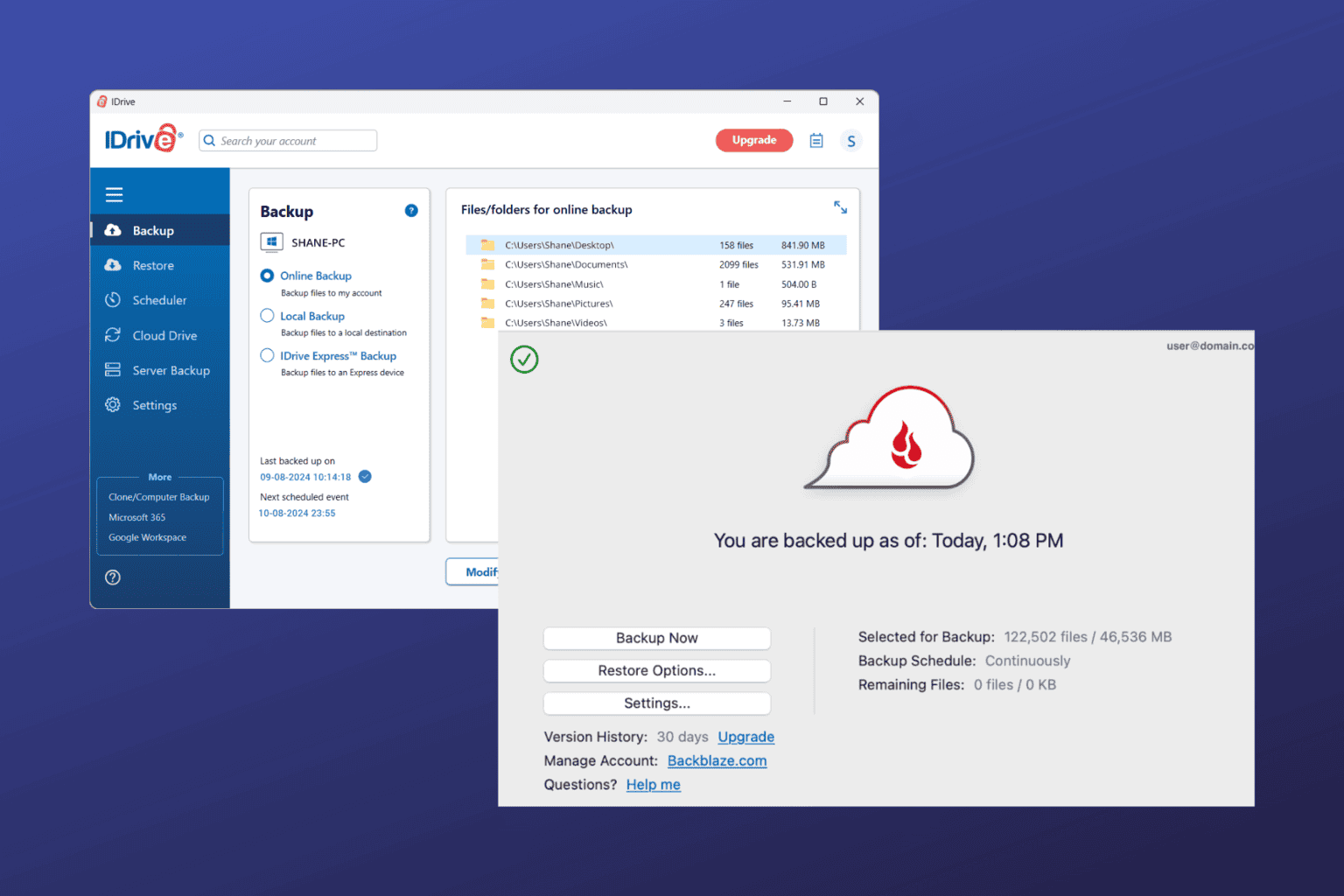
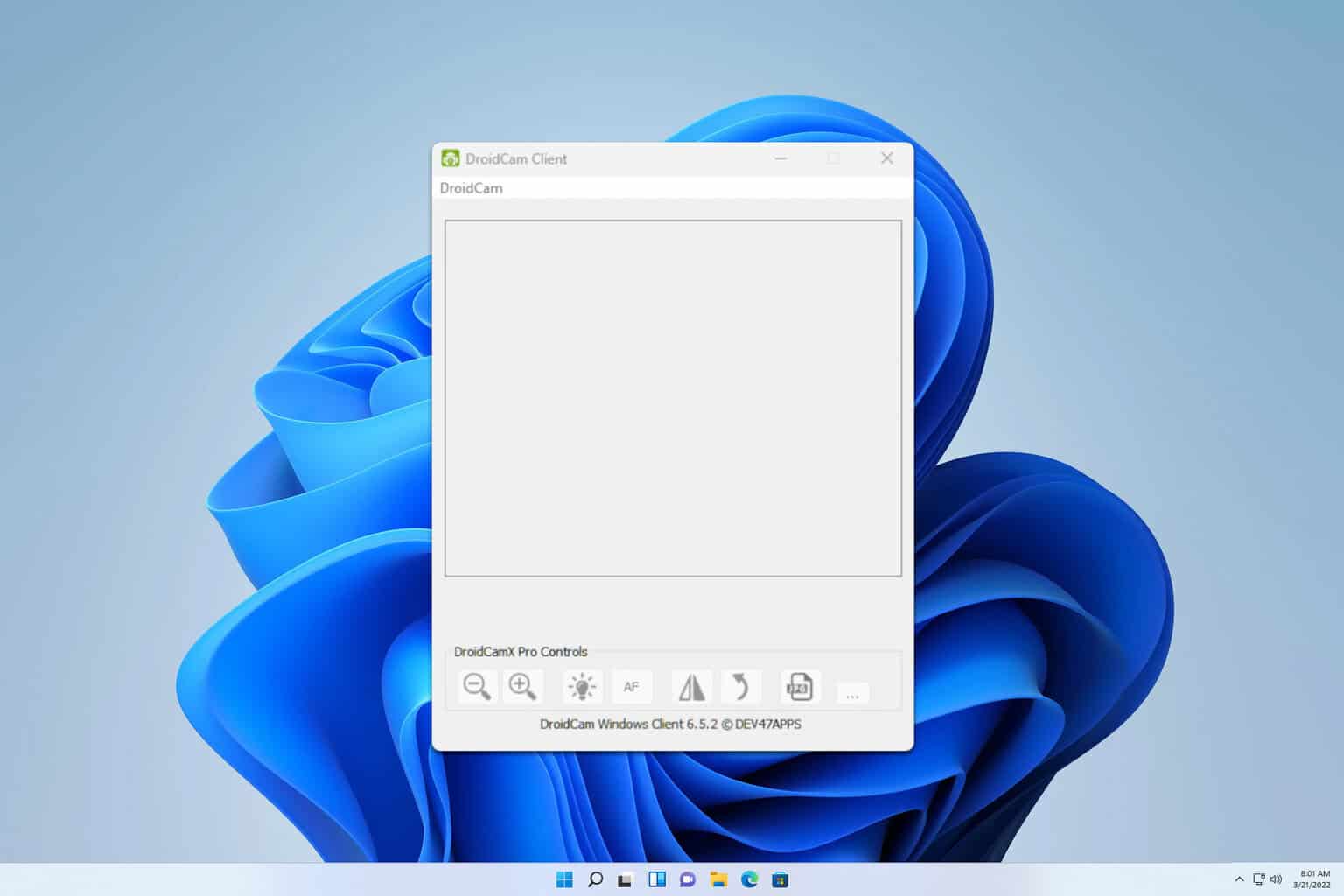
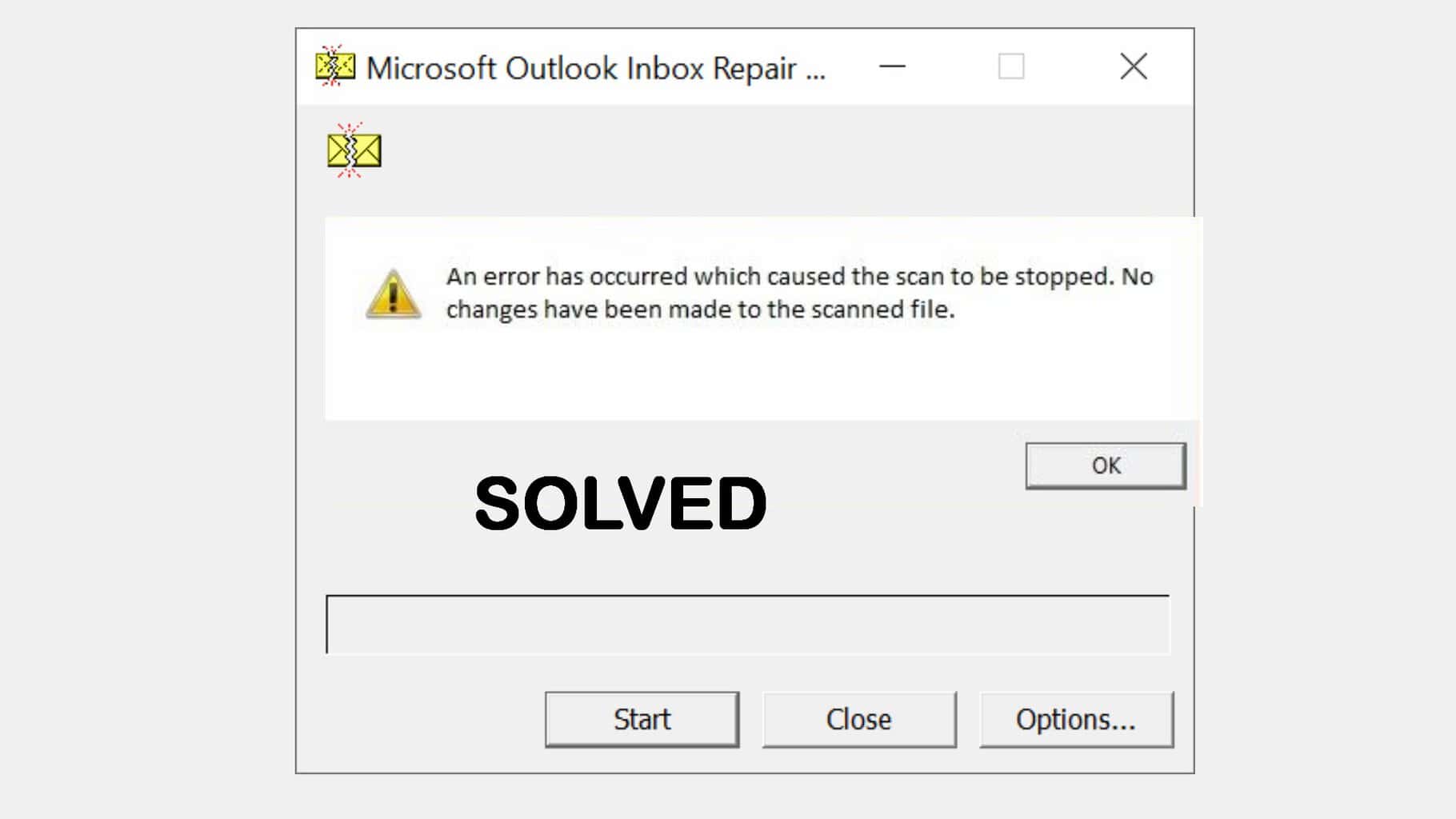
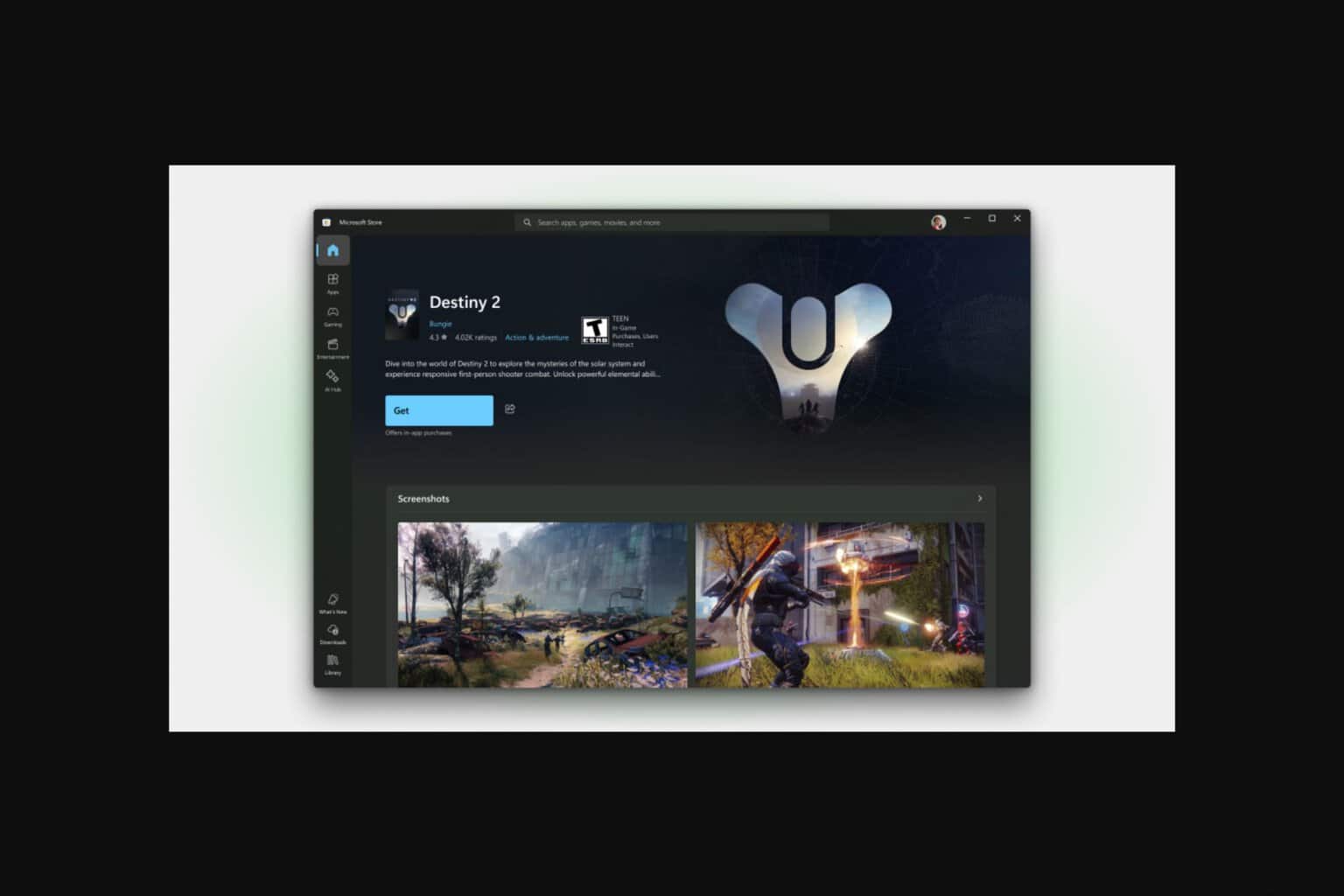

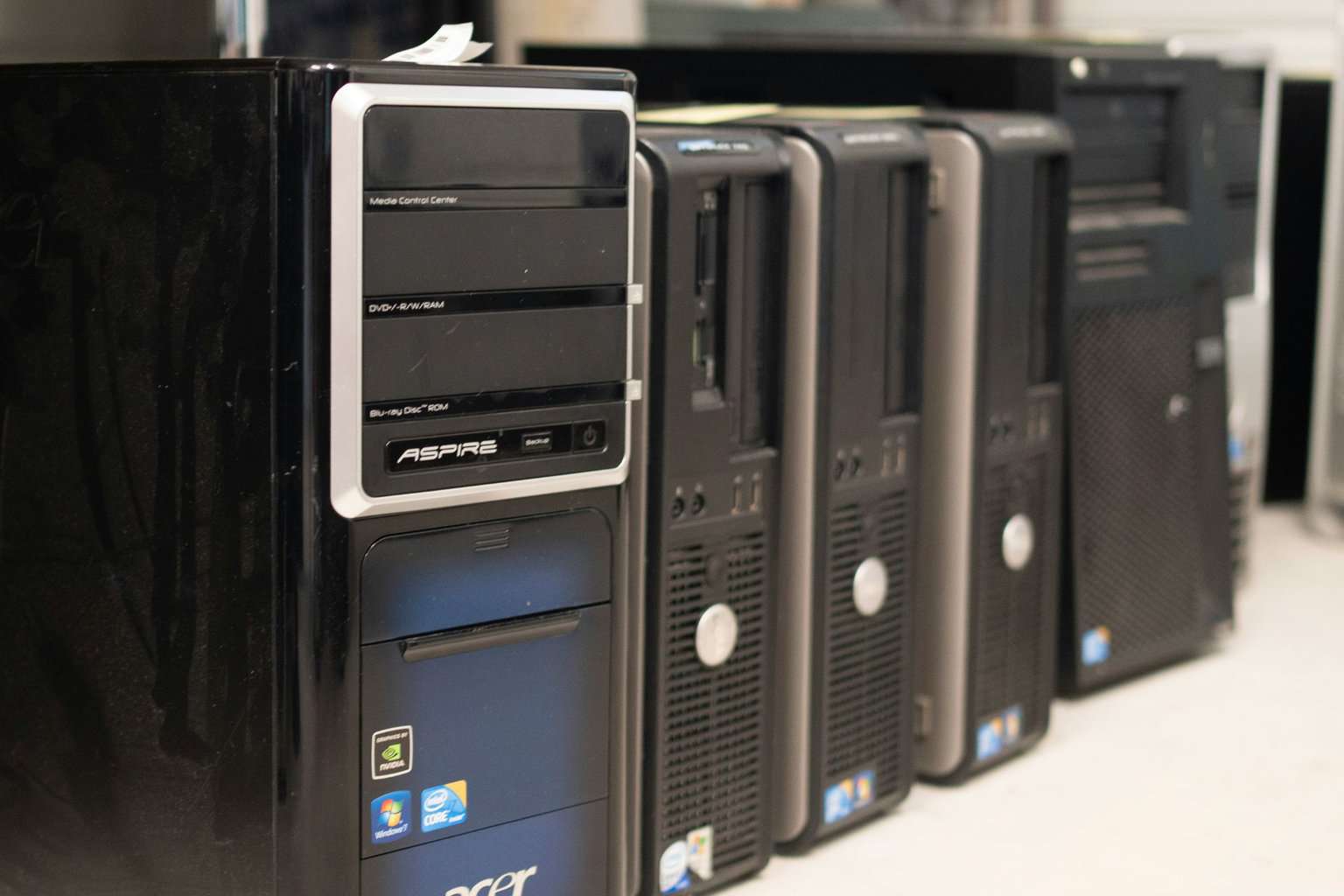
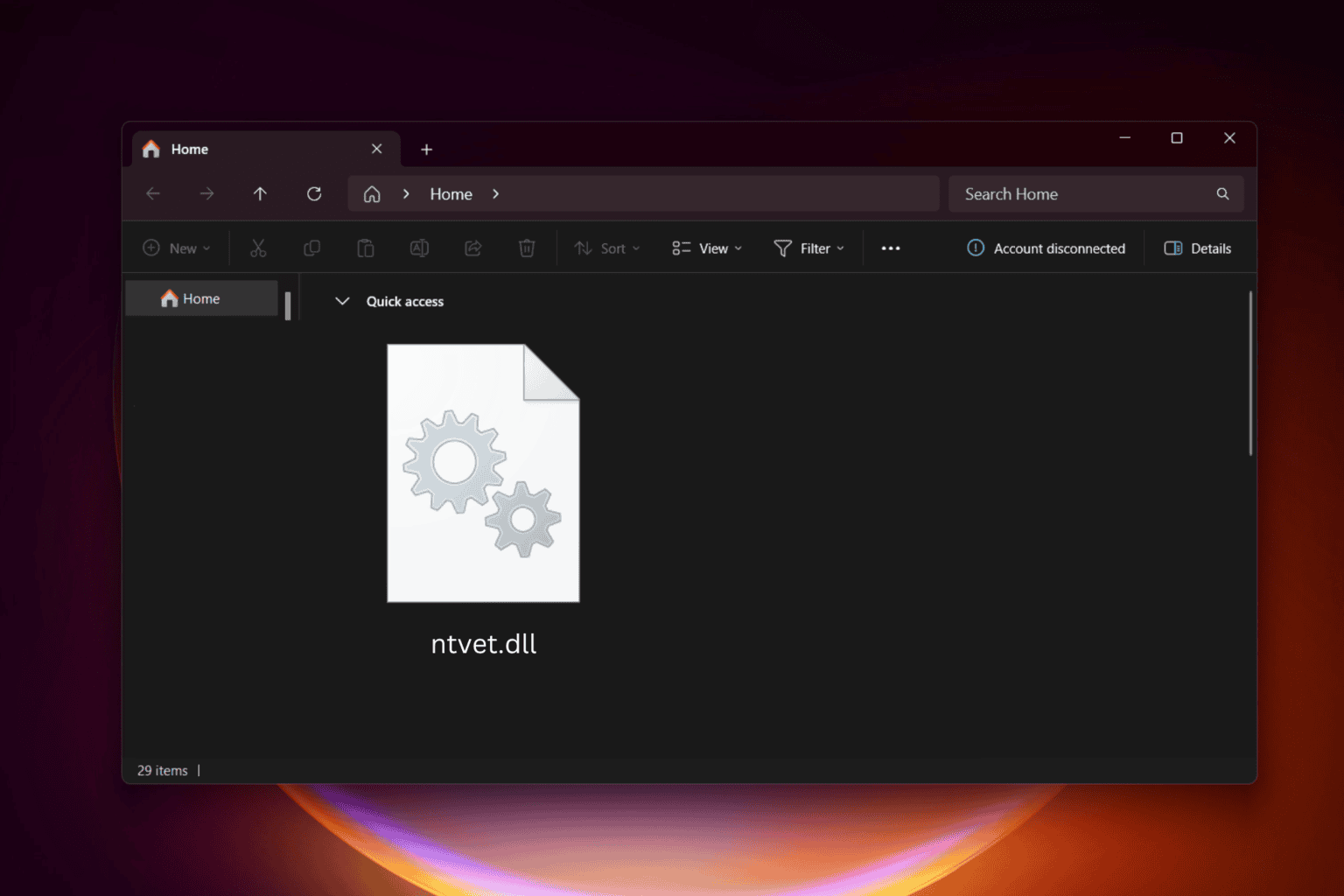
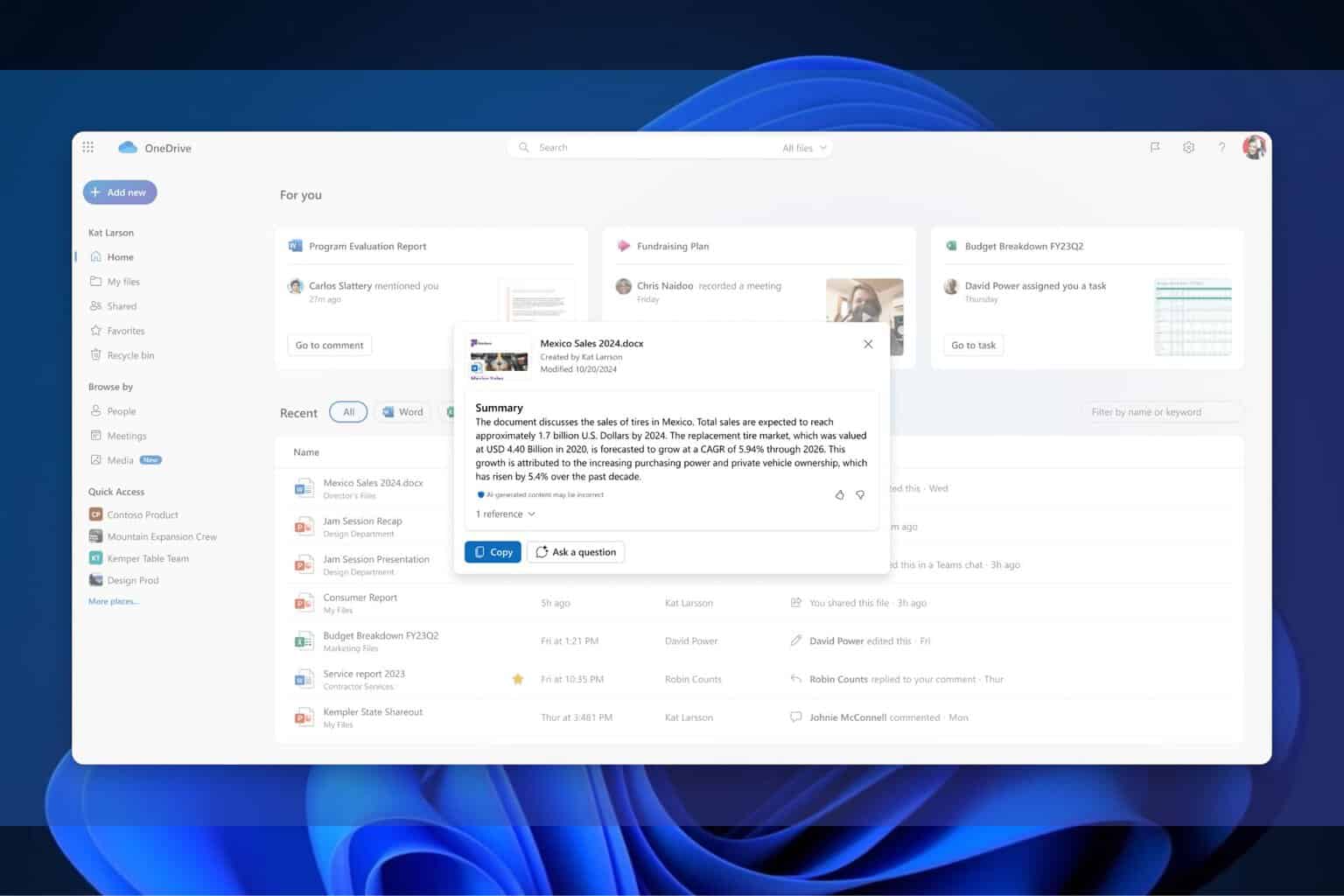
User forum
0 messages